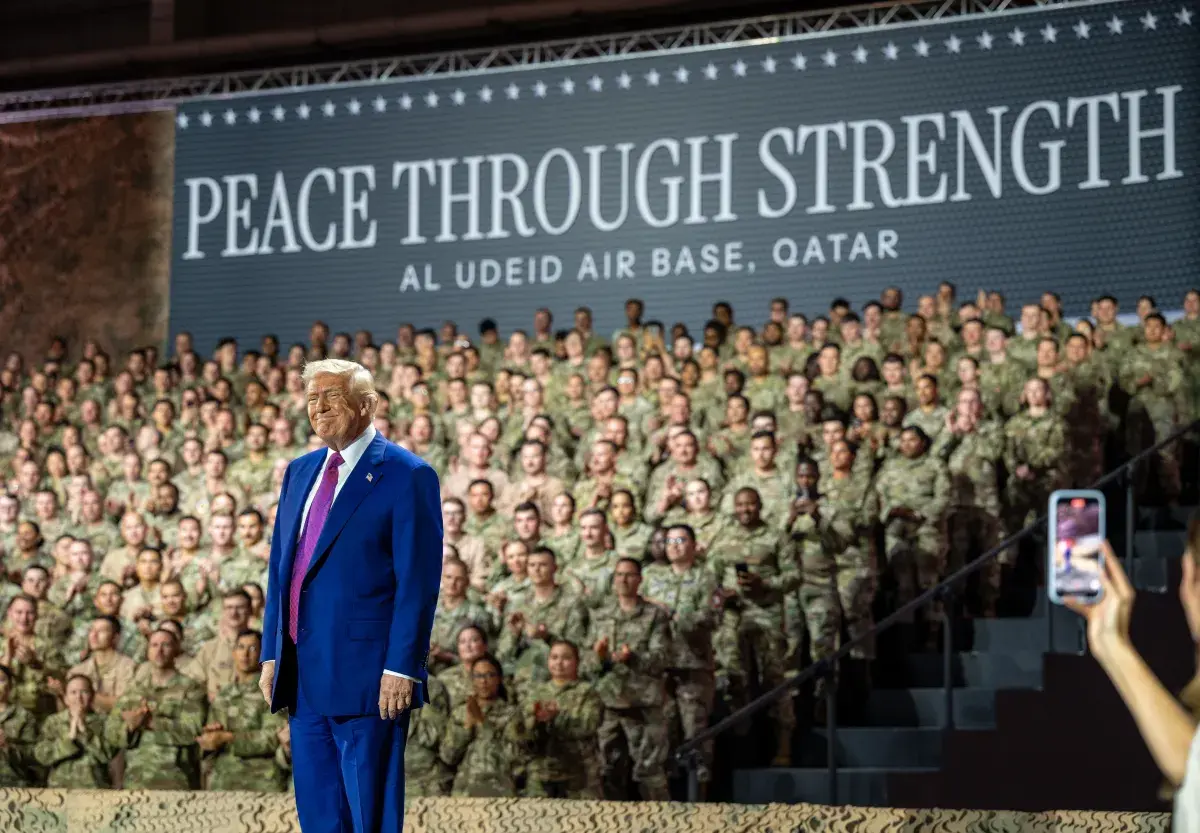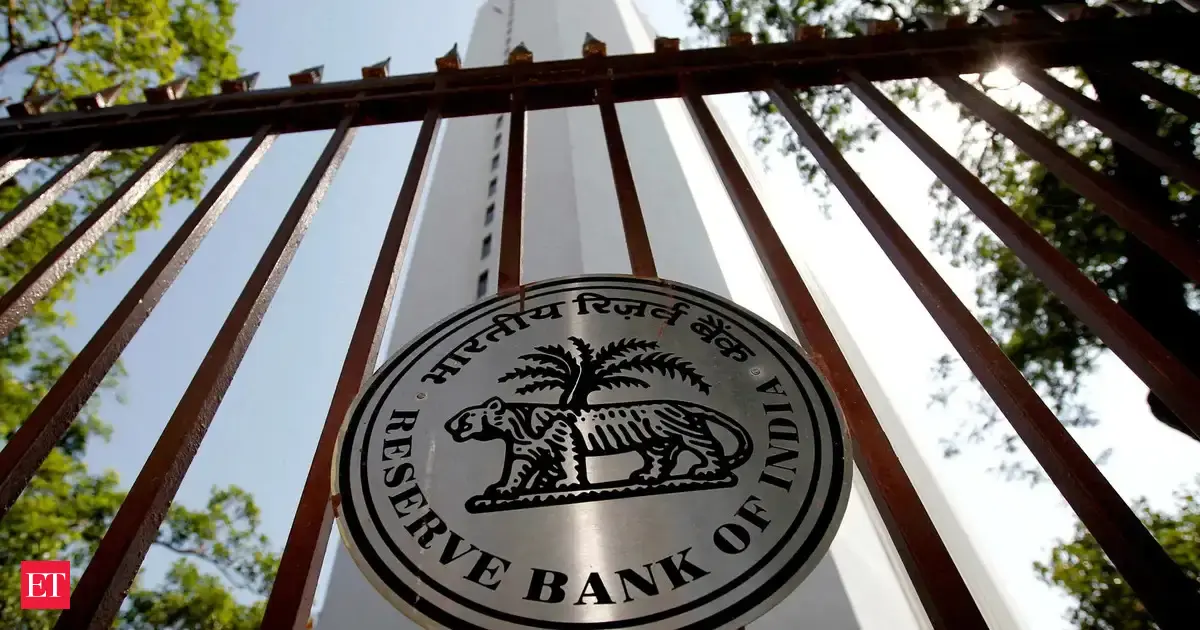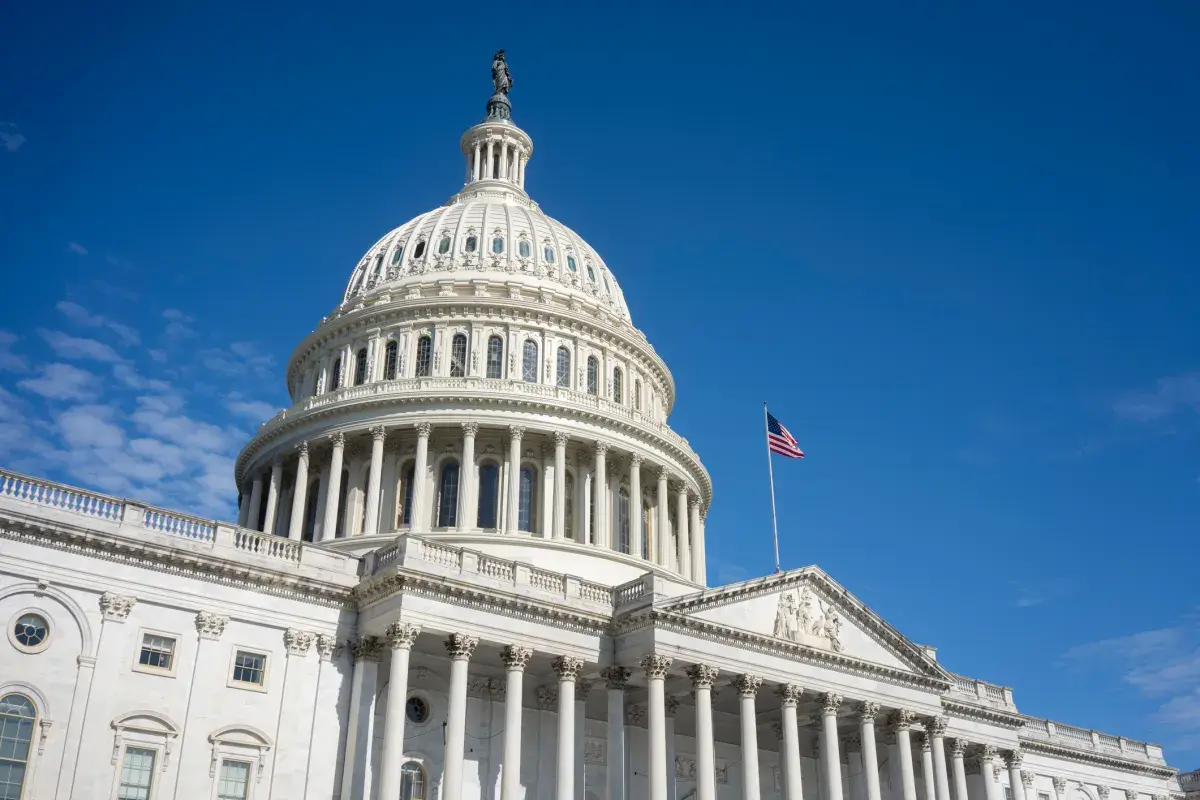
President Donald Trump’s decision to offer Qatar security guarantees in the wake of Israel’s deadly strike on the country has sought to reinforce the United States’ commitments to regional partners at a moment of turmoil for the Middle East.
Yet the pledge, the first of its kind by the U.S. to any Arab nation, also carries with it serious concerns precisely because of this unrest.
While uncertainty prevails over the extent to which the Trump administration would be willing to use military force in response to future attacks against a country that has been struck twice in the past four months—first by Iran, then by Israel, some experts and former officials have warned the move could escalate the risk of the U.S. becoming entangled in the very kind of foreign conflicts Trump has promised to avoid.
The risk is further compounded by the potential for other U.S. partners in the Middle East and beyond to seek similar guarantees.
“Giving a security guarantee to Qatar, or to anyone else, increases the risk of the United States being pulled into a future conflict, because it expands the list of things that the United States promises to fight for,” Eugene Gholz, a former senior Pentagon adviser now serving as associate professor at the University of Notre Dame, told Newsweek.
From Partner to Ally
The White House first revealed Wednesday that Trump had signed an executive order dated two days earlier stating that the “United States shall regard any armed attack on the territory, sovereignty, or critical infrastructure of the State of Qatar as a threat to the peace and security of the United States.”
“In the event of such an attack, the United States shall take all lawful and appropriate measures — including diplomatic, economic, and, if necessary, military — to defend the interests of the United States and of the State of Qatar and to restore peace and stability,” the order reads.
The news coincided with Israeli Prime Minister Benjamin Netanyahu’s visit to the White House, where he offered an apology to Qatar over the unprecedented September 9 strike in Doha that killed five Hamas members and a member of the Qatari Internal Security Forces.
The Qatari Foreign Ministry welcomed both developments, calling the executive order a “reflection of the strong and longstanding ties between Doha and Washington, built on cooperation and partnership in mediation, conflict resolution, and global security.”
The moves followed Qatari Foreign Ministry spokesperson Majed al-Ansari’s interview with Newsweek last month in which he said that Doha would seek “assurances” for its security upon meeting Trump alongside other Gulf Cooperation Council (GCC) members during the United Nations General Assembly.
Even prior to the decision, Qatar has occupied a major position in the U.S. strategy, playing a key role in mediation efforts on the Israeli-Palestinian conflict, Afghanistan, Iran and elsewhere. The nation also hosts the largest U.S. military base in the region and was designated a major non-NATO ally under former President Joe Biden in 2022.
The U.S. counts around 20 such non-NATO allies around the world, including Bahrain and Kuwait among the GCC, yet formal defense commitments more akin to NATO’s Article 5 clause are far rarer, particularly outside of an official treaty that would require congressional ratification.
“The last time we offered anything close to a treaty obligation security commitment was the revision of the 1960 U.S.-Japan treaty,” Aaron David Miller, senior fellow at the Carnegie Endowment for International Peace and former State Department adviser, told Newsweek. “So, this is no small matter.”
Doug Bandow, senior fellow at the Cato Institue and former special assistant to President Ronald Reagan, told Newsweek the pledge to protect Qatar “a dangerous commitment, made without even pretending that Congress should make the final decision on going to war.”
The Deterrence Trap
With Qatar ostensibly under the U.S. defense umbrella, however, the list of Washington’s partners seeking explicit guarantees could grow, thus adding to the burden of U.S. commitments abroad and especially in the Middle East.
“Other Gulf states which host American military bases and forces will certainly be asking Washington for similar guarantees for them—Kuwait, Bahrain, UAE and Oman,” Francis G. Gause, III, professor emeritus at Texas A&M University’s Bush School of Government & Public Service and visiting scholar at the Middle East Institute in Washington, told Newsweek.
Among them primarily is Saudi Arabia, which has long sought U.S. security guarantees in the form of a ratified treaty. Negotiations toward this aim progressed under the Biden administration, which tied such a deal to the kingdom agreeing to establish ties with Israel, but unraveled after Hamas’ October 7, 2023, surprise attack on Israel sparked a regional conflict.
“Saudi Arabia has been seeking a formal defense treaty with the United States, which the Biden Administration was negotiating with Riyadh when the Gaza War started,” Gause said. “So, all the Gulf states will see the Trump Administration commitment to Qatar as a precedent for their relations with the U.S.”
For Qatar, he said “the hope, of course, is that this announcement will deter future attacks,” at the very least by the U.S.’ top ally in the region, Israel. Yet he also noted that, “given the fact that Qatar has been attacked twice in the last four months, there is most definitely a chance that the Trump Administration’s commitment to Qatar’s defense could draw the U.S. into a future conflict.”
Gholz, for his part, outlined two points expressed by advocates for security guarantees: “First, that the security guarantee might serve to deter attacks on Qatar, or any other country to which the United States grants a security guarantee, thereby actually reducing the risk of a conflict that might entangle the United States; and second, that the U.S. national interest is threatened by any threat to Qatar, so the United States would likely fight for Qatar whether or not we granted Qatar a security guarantee in advance.”
“To me, neither of these points is persuasive,” he said, “not in general about most of the security guarantees that the United States offers to countries around the world, nor about potential U.S. security guarantees not yet offered to other states in the Middle East, nor in particular about the recent guarantee to Qatar.”
Rather, he argued such guarantees may actually have the effect of increasing Qatar’s exposure to potential threats, while simultaneously empowering Doha to pursue actions that it may otherwise avoid in the absence of promised U.S. intervention.
“There are many things that Qatar seems to think are important enough to fight for that would not attract that level of interest from the American people or American national security leaders,” Gholz said. “The United States should not want to pre-commit with a peacetime security guarantee to fight for anything that threatens Qatar.”
Trump’s Art of Transaction
While Washington and Doha’s interests may not be fully aligned, as is often the case among allies, Miller pointed out that the agreement also had roots in common interests between Qatar and Trump himself.
“It’s largely a function, in my judgment, of Trump’s situational, sort of transactional, view of the world,” Miller said. “He loves the Gulf. Most of the rest of the Middle East, in his mind, is broken, angry, dysfunctional and an arena for unnecessary entanglements.”
The Gulf is also a region, Miller argued, where Trump’s “financial interests” are prevalent, and Qatar is no exception. Miller recalled speaking with members of the first Trump administration aiming to foster closer ties with GCC states, particularly Saudi Arabia and the United Arab Emirates, in pursuit of “strategic relations” in which he said “the Qataris have now figured in prominently.”
Trump’s personal and business dealings with Qatar have also garnered increasing attention. Two notable episodes include the Trump Organization striking a deal in April to develop a golf resort in Qatar, the first such foreign deal since Trump took office a second time in January, and Trump’s acceptance of a luxury jetliner gifted by Qatar in May.
Miller also asserted, however, that the U.S. leader’s nature lent itself to mitigating any potential “moral hazard” posed by an emboldened Qatar as “Trump’s being situational and transactional works both ways.”
“I think the Qataris would have to be very careful,” Miller said. “He turns on a dime. He changes views and attitudes, like some people change their socks. I think they need to understand this and to be careful.”
As to what this means for the U.S., Miller said it’s “a tricky situation,” due to the added weight of this commitment and potential others that may follow, as well as the reality that the need to re-instill deterrence in the wake of the Iranian and Israeli attacks was felt far beyond Trump.
“There’s a risk of additional encumbrances,” Miller said. “The Saudis, obviously, have pushed for a much more specific set of security guarantees from the Biden administration, and I think before October 7, the administration was seriously considering giving it to them as a price for normalization with Israel. That would have been a Senate-ratified treaty, which is far different from this.”
“But look, what kind of strike on Qatar would not elicit a serious examination by an administration, Republican or Democrat, on possible options, given the fact that we’ve already committed by deploying thousands of American forces in Qatar already?” he added. “That’s one sort of practical consideration.”
Stephen Walt, who is the Robert and Renee Belfer Professor of International Affairs at Harvard University, argued that this presence of U.S. forces already constituted a de facto commitment to Qatar’s and thus described Trump’s move as a more of a gesture toward an established ally than a major shift in posture.
“This new “security guarantee” is more symbolic than significant,” Waltz told Newsweek. “It does not commit the U.S. to any specific action, and President Trump has a long track record of reneging on promises. Because Qatar is host to an important U.S. military base, Washington would come to its aid if it faced a serious threat even if no agreement existed.”
“I see this agreement primarily as a warning to Israel not to repeat its recent attack on Qatar, but not much more than that,” he added. “If other Middle East states seek similar commitments, they are likely to be disappointed.”
A similar view was expressed by Steven Simon, former National Security Council senior director for the Middle East and North Africa and now senior research fellow at the Quincy Institute for Responsible Statecraft and visiting professor at Dartmouth College, who also argued the deal may still ultimately hold real diplomatic value.
“It does not look as though the Trump text goes much further, if at all, than the existing U.S.-Qatar defense cooperation agreement,” Simon told Newsweek. “In any case, it does not commit the U.S. to military intervention on Qatar’s behalf. It’s hallmark card diplomacy. But sometimes that is enough to smooth over rough patches.”



